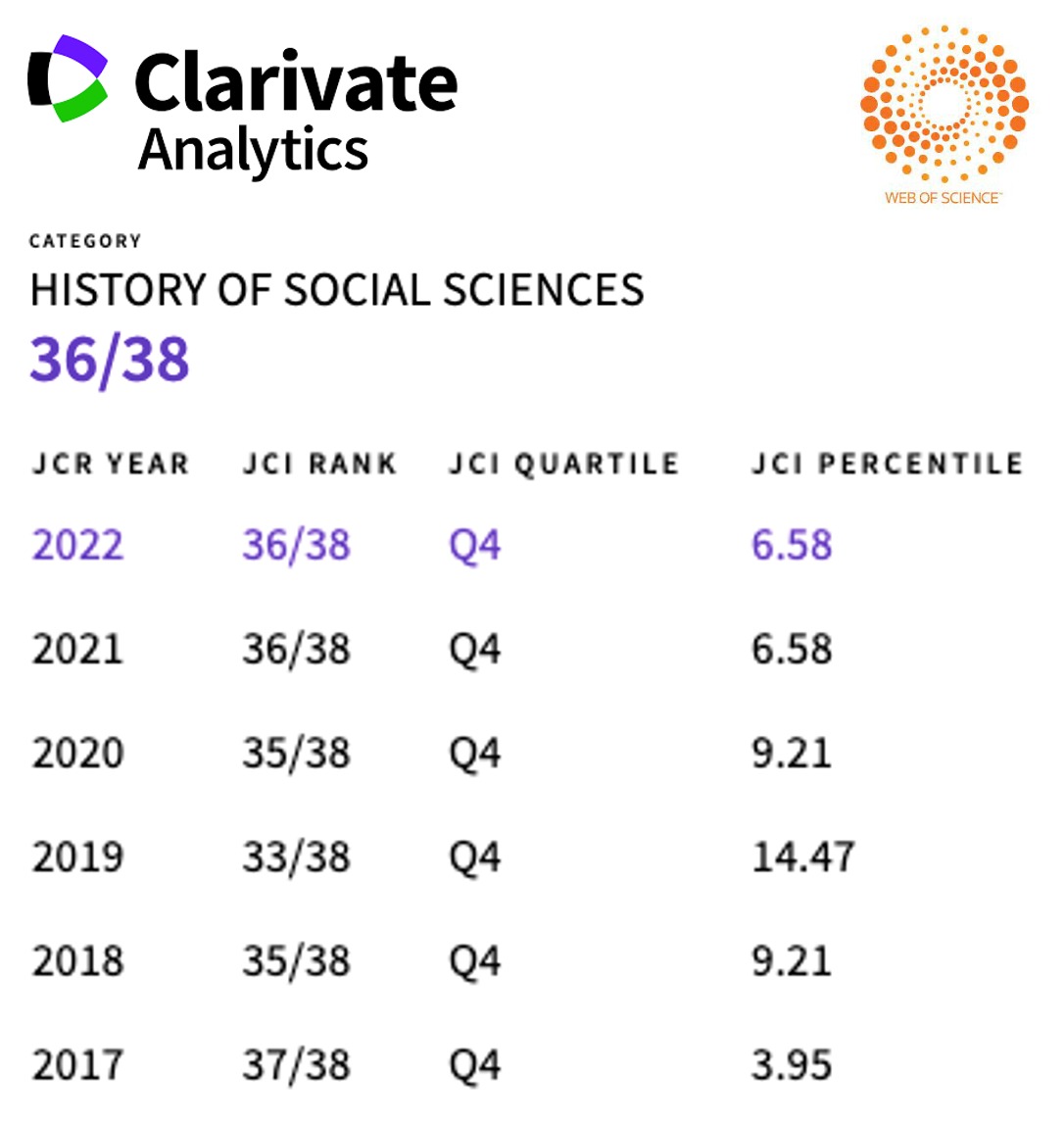The Pluralism of the Neighborhood Movement in the Nou Barris District (Barcelona) during the Late Franquism.
Keywords:
Downloads
Abstract
The anti-communism was one of the characteristics of the Franco regime, and a way of demonizing and criminalizing the opposition to the regime was to call it "communist” although it was not. The Cold War marked all the Franquism process, on one side it we had the regime’s fight against communism (so to speak , against any opponent element) and, on the other we had the communists fighting against the "Franco's fascist regime". This article focuses its research in the case of the neighborhood movement in the Nou Barris district (Barcelona) during the late Franquism. From the conducted interview, a neighborhood pluralistic movement is presented, which does not correspond to its assumed Stalinism . On the contrary, it was an independent movement mainly formed by people who did not belong to any organization, with an important presence of large social workers (such as the so called working priests, together with members of various left-handed organizations, some of them Stalinists (PSUC, OCE (BR), PCE-ml, PTE) and other opposing Stalinism (as it were the anti-capitalist platforms, AC or UCL).
Downloads
Downloads
Published
Almetric
Dimensions
How to Cite
Issue
Section
License
All articles are published under Creative Commons copyright (CC BY). Authors hold the copyright and retain publishing rights without restrictions, but authors allow anyone to download, reuse, reprint, modify, distribute, and/or copy articles as the original source is cited.
.

















